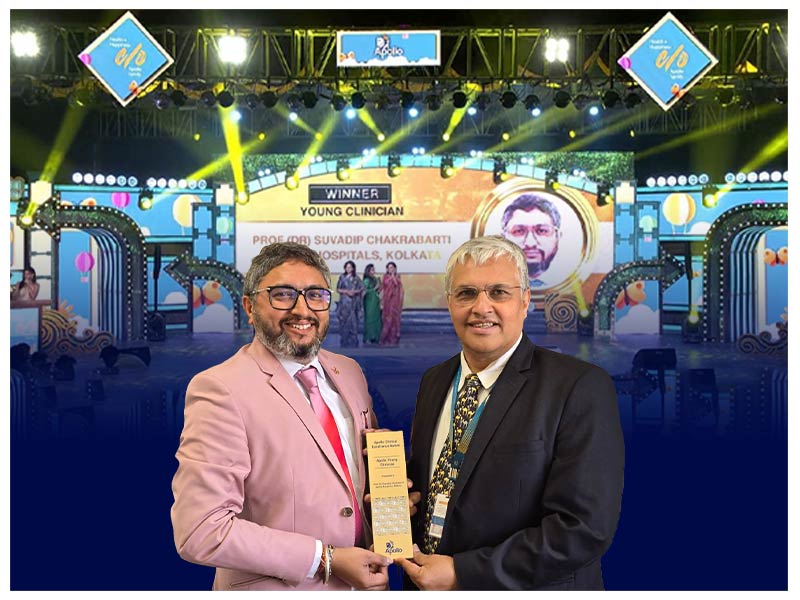Thyroid cancer is a condition that arises when abnormal cells grow in the thyroid gland, a butterfly-shaped organ in the neck that regulates metabolism. Although it is generally treatable, early diagnosis and appropriate intervention are crucial. Let’s delve into the types, stages, and available options for thyroid malignancy treatment to understand this condition better.
Types of Thyroid Cancer
Thyroid cancer can be classified into the following main types:
- Papillary Thyroid Cancer: The most common type, accounting for about 80% of cases. It typically grows slowly and responds well to treatment.
- Follicular Thyroid Cancer: The second most common type, often seen in regions with iodine deficiency.
- Medullary Thyroid Cancer: Less common and associated with genetic syndromes in some cases.
- Anaplastic Thyroid Cancer: A rare and aggressive form that requires immediate and comprehensive treatment.
Stages of Thyroid Cancer
The stages of thyroid cancer are determined based on the tumor size, lymph node involvement, and the spread (metastasis):
- Stage I and II: Cancer is confined to the thyroid and has not spread to other tissues.
- Stage III: Cancer has grown into nearby structures or lymph nodes.
- Stage IV: Cancer has spread to distant organs, such as the lungs or bones.
Symptoms to Watch For
Symptoms of thyroid cancer may include:
- A lump or swelling in the neck.
- Difficulty swallowing or breathing.
- Persistent hoarseness or voice changes.
- Pain in the neck or throat.
Early detection through routine check-ups and imaging tests is essential for successful treatment.
Treatment Options for Thyroid Cancer
Modern advancements have made thyroid malignancy treatment more precise and effective. Common options include:
- Surgery: Removal of part or all of the thyroid gland (thyroidectomy) is often the first line of treatment.
- Robotic Surgery: A minimally invasive option that ensures precision, faster recovery, and reduced scarring.
- Radioactive Iodine Therapy: Used to destroy any remaining thyroid tissue after surgery.
- Hormone Therapy: Prescribed to replace thyroid hormones and prevent cancer recurrence.
- Targeted Therapy: Effective for advanced stages or aggressive forms like medullary and anaplastic thyroid cancer.
The Role of Expertise in Treatment
Choosing a skilled surgeon and oncologist can make a significant difference in outcomes. Robotic techniques, like those offered by specialists in Kolkata, ensure cutting-edge care tailored to individual needs.
Conclusion
Thyroid cancer is treatable, especially when diagnosed early. With advancements in thyroid malignancy treatment, patients can expect better outcomes and quicker recovery. If you notice any symptoms or need expert advice, consult a specialist to explore your options and take proactive steps toward recovery.


